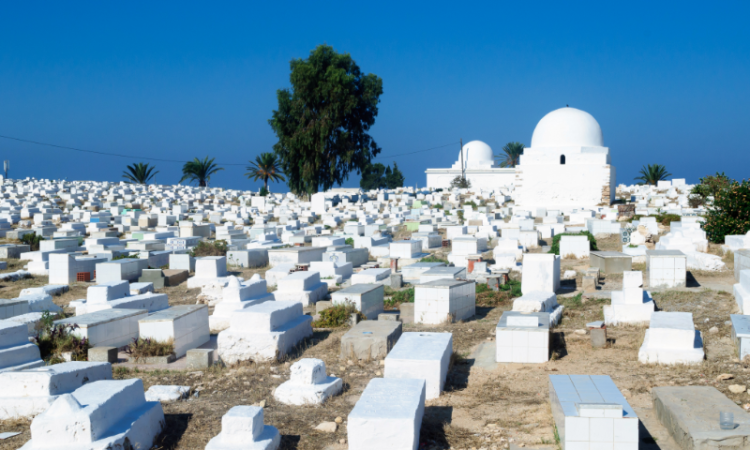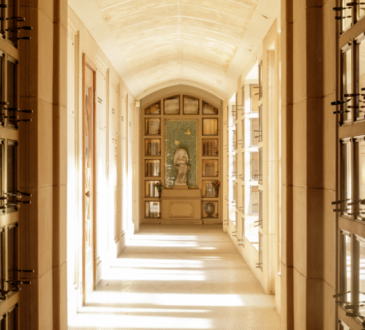
In Singapore, Muslim funerals adhere strictly to Islamic traditions, reflecting deep respect for the deceased and ensuring that the process aligns with religious beliefs. The following outlines how these funerals are conducted in Singapore, ensuring that Muslim caskets, burial rites, and funeral services follow the Islamic faith.
Immediate Preparation and Ritual Washing
One of the critical aspects of Muslim funerals is the immediate preparation of the deceased. Islamic law emphasises that the body should be buried as quickly as possible after death, ideally within 24 hours. Once death is confirmed, the body is taken to a facility for ritual washing (ghusl), which is an essential step in the Islamic funeral process. Specialised funeral services offer this ritual in Singapore as part of their offerings. The ghusl is carried out by family members of the same gender as the deceased or by trained professionals. This practice ensures that the deceased is treated with the utmost respect and dignity by Islamic teachings.
Shrouding the Body (Kafan)
After the ritual washing, the next step is shrouding the body in simple, white cloth, known as the kafan. In Singapore, Muslim funeral service providers ensure this is done in line with Islamic tradition, with the number of sheets varying by gender. The body is wrapped in three sheets for men, while women are shrouded in five. This process underscores the Islamic values of modesty and equality in death, where all Muslims, regardless of social status, are buried in the same manner.
Performing the Funeral Prayer (Salat al-Janazah)
Before the burial, a special funeral prayer called Salat al-Janazah is performed. This prayer is an integral part of the Muslim funeral, offering prayers for the forgiveness and mercy of the deceased. In Singapore, these prayers are typically conducted at mosques or funeral homes specialising in Muslim funerals. An Imam leads the prayer, and it is a collective responsibility (fardkifayah) for the Muslim community to attend. This act reflects the importance of community involvement in the burial rites, strengthening bonds between the living and the deceased through shared prayers.
Transportation of the Body to the Cemetery
After the prayers, the body is transported to the cemetery for burial. In Singapore, specific cemeteries, such as the Choa Chu Kang Muslim Cemetery, are designated for Muslim burials. The Singapore Muslim casket services ensure that transportation adheres to Islamic customs, often with family members and close friends accompanying the body. This final journey is an emotional moment for the family, who continue to recite prayers for the deceased, reinforcing the spiritual significance of the funeral procession.
Burial According to Islamic Rites
The burial itself follows strict Islamic guidelines. In Singapore, the body is laid in the grave on its right side, facing the Qibla, which is the direction of the Kaaba in Mecca. This orientation is vital in Islamic funerals and reflects the deep spiritual connection between the deceased and their faith. Singapore’s cemeteries are well-equipped to follow these traditions, with professional services guiding families through burial. It is customary for male family members to lower the body into the grave, after which it is covered with soil, symbolising the return to the earth from which humanity was created.
Recitation of Final Prayers
Once the burial is complete, final prayers are recited at the graveside. These prayers focus on asking for the deceased’s forgiveness and peace in the afterlife. In Singapore, this is a moment for the family and the community to come together, offering their support and consolation to the bereaved. The simplicity and humility of this act highlight the Islamic perspective on death—that it is a transition to a new stage of existence, not the end.
Observing Mourning and Remembrance
After the burial, the family enters a period of mourning, during which it is essential to remember the deceased through prayers and good deeds. In Islam, it is customary for family members to hold gatherings where they recite the Quran and offer prayers for the soul of the departed. Singapore’s Muslim community actively supports these traditions, with friends and extended family visiting the home of the bereaved to offer their condolences and participate in prayers. This period can last for up to three days. However, extended mourning is discouraged in Islam to avoid undue hardship on the living.
Grave Maintenance and Visits
While Islamic tradition discourages elaborate graves, families are encouraged to visit the graves regularly to offer prayers. Singapore’s cemeteries maintain simple and modest grave markers, reflecting the Islamic value of humility in death. Grave visits are also a time for reflection, where family members can recite prayers for their loved ones. Grave visits usually happen on Fridays or special occasions, and the act of remembrance keeps the memory of the deceased alive within the community.
Conclusion
Muslim funerals in Singapore are deeply rooted in Islamic traditions. Every aspect, from the washing of the body to the burial, aligns with religious guidelines. Funeral services, including Singapore Muslim casket offerings, play a critical role in ensuring that these rites are followed properly, respecting the spiritual needs of the deceased and their families.
For more information, contact Jasa Budi Muslim Casket Services today.




